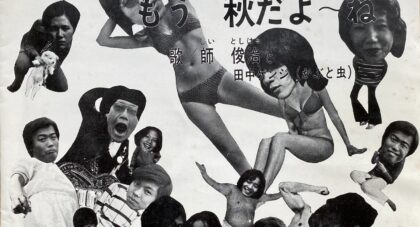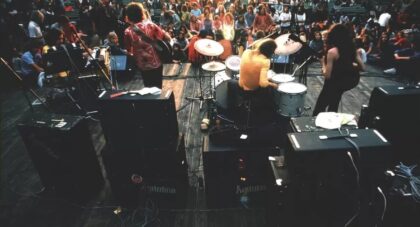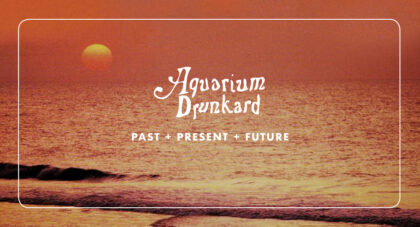I don’t want to talk about the Mekons. There are plenty of hardcore devotees out there who will be more than eager to tell you everything: how the Mekons are possibly the most prolific college radio act ever, how they started as snotty-nosed art students making meta-critical punk, how they borrowed Gang of Four’s gear to record their first album and inadvertently sounded post-punk, how they then moved into synthy New Wave territory before that was viable, how their mid-Eighties embrace of folk and country (on Fear and Whiskey) is maybe up . . .
Only the good shit. Aquarium Drunkard is powered by its patrons. Keep the servers humming and help us continue doing it by pledging your support.
To continue reading, become a member or log in.


